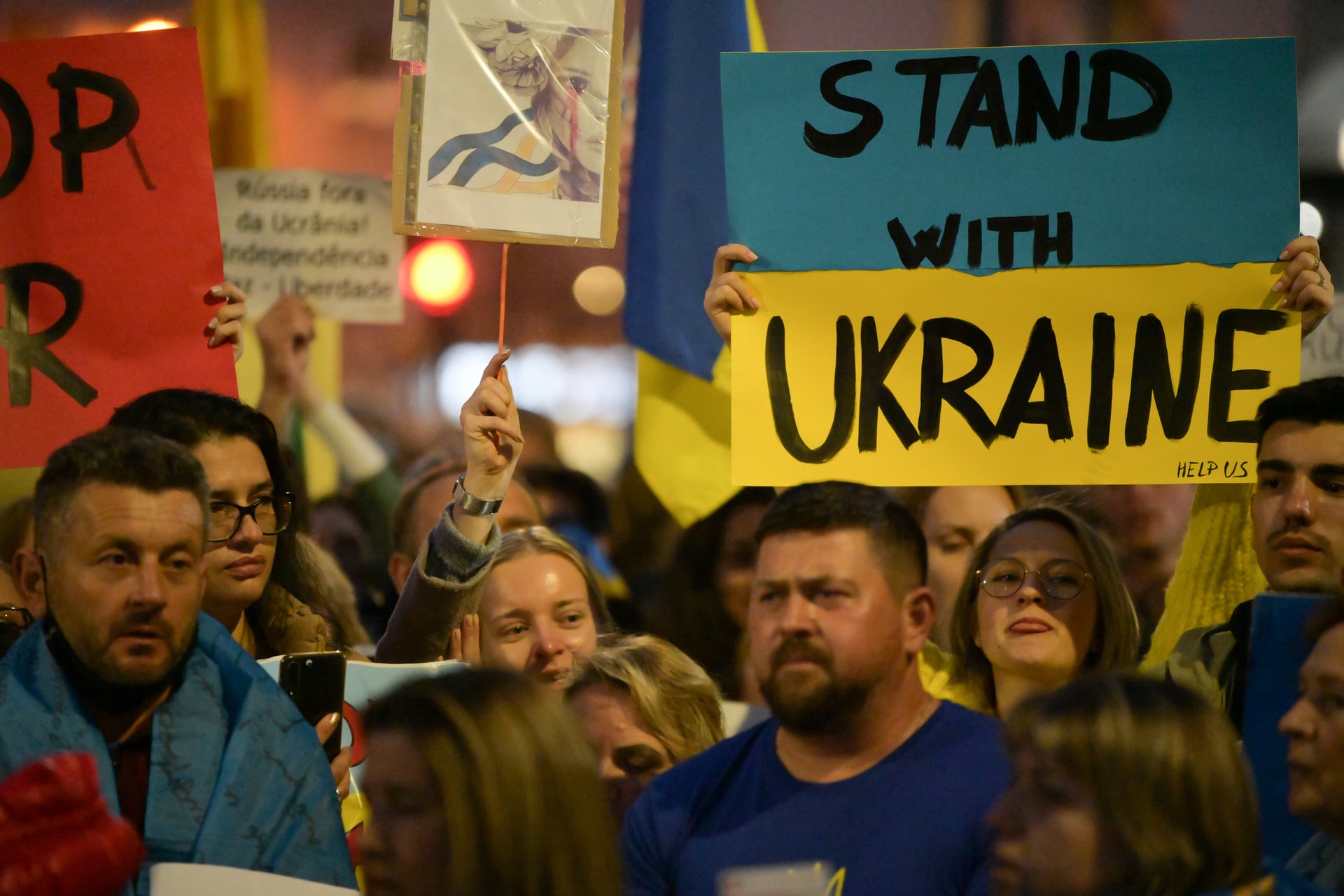The Scourge of Foreign Interference in Local Affairs
Following former US President Donald Trump’s electoral win in 2016, a possible Russian interference—that was alleged to have changed the election’s outcomes—was widely reported. Although investigating agencies later found no veracity in these claims, the threat of unsolicited foreign intrusion remains.
Many governments believe that unnamed foreign interference has occurred during elections or in other internal matters. More so now, with Russia’s invasion of Ukraine. What can we believe and understand of governments’ claims? Are reactions against the alleged meddling a marketing ploy of the government? Has digitization increased these activities that have a millennium of history?
Horasis is organizing the Horasis USA Meeting on 04 March 2022 to examine and evaluate such issues. The one-day virtual event will see participation from a diverse range of people, spanning members of governments, businesses, academia, and the media. The goal is to deliberate on pressing issues that undermine progress and arrive at actionable solutions that can ensure shared prosperity.
What Motivates Outside Parties to Interfere?
Foreign intervention is not a current era phenomenon. It has been a long-standing foreign policy tool and used often to exert diplomatic pressure on another country, during negotiations or times of war. The ancient Greeks used this instrument millennia ago and even today, certain countries continue to use intervention to further their interests. The invasion of Ukraine is just the most recent example. For an extended period through history, foreign intervention went mostly unquestioned.
It was only in 1789, following the French Revolution, that this ideology began to be questioned. In simple terms, this ‘awakening’ came about when the idea of nationhood had begun to take form.
In the aftermath of World War II, the United Nations (UN) was formed as a multilateral body to help countries resolve disagreements without the need for foreign intervention and/or possible retaliation. The UN also ratifies preventive diplomacy. It maintains that early warnings are a key part of effective prevention. Meanwhile, the International Court of Justice is an added recourse.
An unfortunate example where foreign intervention has led to an unending conflict is Syria. The middle-eastern country’s woes first began in the spring of 2011. Syria has since been lodged in a catastrophic civil war that has displaced millions and claimed untold lives.
Countering Foreign Intervention
In October 2021, Singapore signed into law the Foreign Interference (Countermeasures) Act (FICA), becoming the first Southeast Asian country to do so. The FICA was an outcome of foreign interference over digital channels. And given the advances made in technology, intervention through digital mediums is a growing threat.
Singapore was quick to pick up on early indicators of covert operations that would further the interests of a foreign political entity within its domestic sphere. The city state’s law minister described the bill as being “the best balance that we can find between dealing with the risks and providing checks against abuse”.
The FICA seeks to counter foreign intervention using two key steps. First, it will eliminate misleading information. And second, the law will address local proxies acting on behalf of foreign entities.
An Outcome of Foreign Intervention
The UN does accommodate foreign intervention under certain circumstances. For example, when the US came under a terrorist attack in September 2011, a foreign intervention was endorsed by the UN. But while this was estimated to be a short-term operation where the threats would be quickly eliminated, it drew out to become a conflict that stretched two decades.
What was even more unfortunate was the quick undoing of 20 years’ worth of rebuilding efforts in Afghanistan. A macro analysis of the US’ foreign intervention reveals that its monetary and human resource commitments were vastly disproportionate to the final results.
Likewise, the Russia-Ukraine crisis unfolds with many ordinary lives shaken and hanging in the balance. There are, no doubt, several layers to the situation at hand, but the theme of foreign intervention in domestic affairs, is at play. With military escalations a common thread in the chain of such events, it begets the questions whether interfering in domestic affairs of another country actually delivers the desired outcomes.
Acknowledging the Problem
In a post-pandemic world, there are innumerable challenges that demand immediate attention. Growing inequalities, high unemployment levels and an erratic economic climate warrant a shift in priorities from governments worldwide. But positive change can begin with acknowledging that foreign interference is a scourge under most circumstances.
To this end, inspiration can be drawn from John Quincy Adams, a former US Secretary of State. He had put it poetically, in 1821, when he said “America goes not abroad in search of monsters to destroy”. He also added that the US must not give into becoming the “dictatress of the world”.
Photo Caption: Protest against Russia’s invasion of Ukraine in Portugal.



